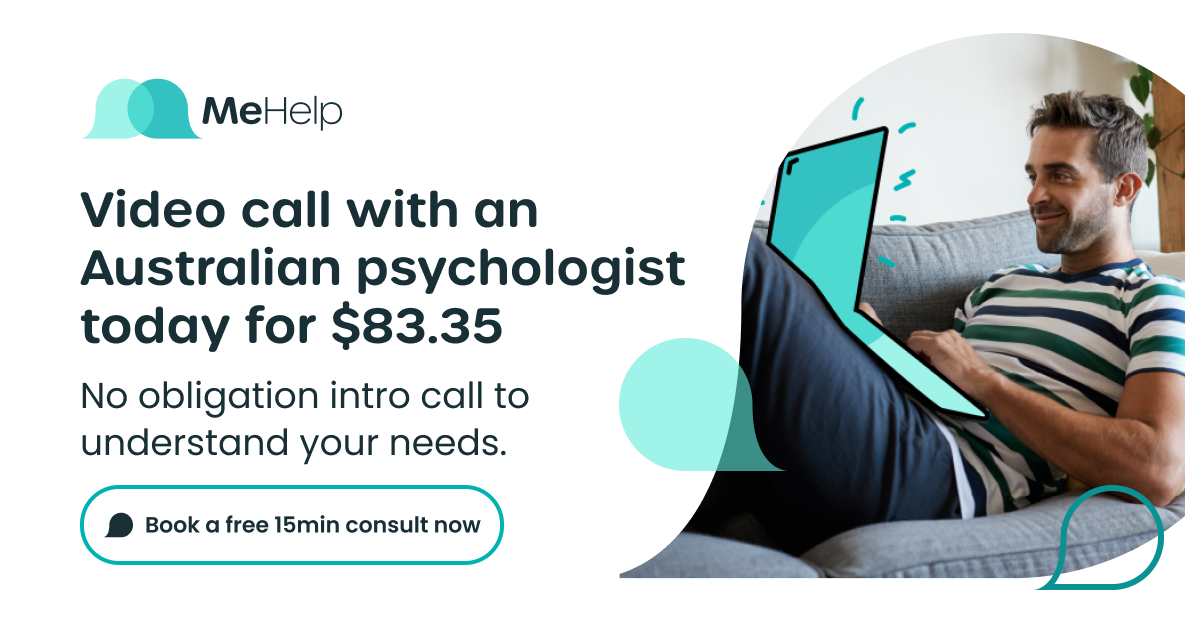Autism: Understand, Support and Embrace Neurodiversity
Autism, also referred to as Autism Spectrum Disorder (ASD), is a neurodevelopmental condition that affects how a person experiences the world. It is characterised by differences in social communication, interaction, and behaviour patterns that can include restricted interests and repetitive behaviours.
Autism is not a mental illness or something to be cured. It is a lifelong condition and part of the natural variation in how human brains work. With the right support, autistic people can thrive, reach their potential, and live fulfilling, independent lives.
What is Autism?
Autism affects each individual differently. The word "spectrum" reflects the wide range of strengths, challenges, and support needs experienced by autistic people. In Australia, it is estimated that one in 70 people is on the autism spectrum. Autism is typically diagnosed in early childhood, but it can also be identified in adolescence or adulthood.
Common areas of difference include:
- Social communication and understanding
- Interpreting verbal and non-verbal cues
- Difficulty with changes in routine or unexpected situations
- Highly focused interests or passions
- Repetitive behaviours or movements
- Sensory sensitivities to sounds, textures, lights, or smells

What Causes Autism?
There is no single cause of autism. It is believed to result from a combination of genetic and environmental factors that affect early brain development. Research has found:
- Strong genetic links, often running in families
- No evidence that vaccines cause autism
- Differences in brain connectivity and processing
- Increased likelihood of co-occurring conditions such as ADHD, anxiety, or intellectual disability
Recognising the Signs of Autism
Signs may become noticeable in early childhood but can also be more subtle and appear later. These signs can include:
- Difficulty with back-and-forth conversation or eye contact
- Literal understanding of language or difficulty with sarcasm and figures of speech
- Preference for routines or rituals, becoming distressed with change
- Intense focus on a narrow interest
- Sensory-seeking or sensory-avoidant behaviours
- Delayed speech or differences in tone, rhythm or volume
- Challenges forming or maintaining social relationships
Myths about Autism
Myth: All autistic people have intellectual disabilities
Truth: Autism includes people with a wide range of intellectual abilities. Many are of average or above-average intelligence.
Myth: People with autism don’t feel emotions or empathy
Truth: Autistic people experience deep emotions and care for others, though they may express this differently.
Myth: Autism is caused by parenting style or trauma
Truth: There is no evidence that parenting causes autism. It is a neurological difference, not a result of poor parenting.
Why Seeking Support Matters
Early understanding and appropriate support can make a profound difference. While autism is lifelong, personalised intervention can:
- Enhance communication and social understanding
- Support emotional wellbeing and self-regulation
- Improve life skills, independence and confidence
- Help families and caregivers feel empowered and supported
Support is not about changing who a person is but equipping them to live their life in a way that works for them.
How MeHelp Psychology Can Assist You
MeHelp Psychology provides autism assessments and ongoing therapy with experienced clinicians who understand neurodiversity. Our team uses a strengths-based and evidence-informed approach, offering:
- Autism assessments for children, adolescents and adults
- Cognitive and adaptive functioning assessments when needed
- Support with understanding diagnosis and what it means
- Therapy focused on self-regulation, anxiety, communication and transitions
- Parent and caregiver support to help create consistency at home and school
- Liaison with schools, NDIS providers or workplaces if needed

Real-Life Example
Sophie, aged 10, had difficulty with group learning, often becoming overwhelmed by noise and changes to routine. She was eventually diagnosed with autism after a comprehensive assessment through MeHelp. With therapy and family support, Sophie developed strategies for emotional regulation, started using visuals for routine, and now enjoys attending school with minimal distress.
Practical Steps You Can Take Today
- Observe patterns in behaviour, especially around communication, routines and sensory preferences
- Seek an assessment if you have ongoing concerns
- Learn about neurodiversity and use strengths-based language
- Maintain consistent routines and give clear, structured instructions
- Encourage self-expression in a way that feels safe for the individual
- Access supports such as the NDIS, school-based programs or community groups
Frequently Asked Questions (FAQs)
Can autism be diagnosed in adults?
Yes. While many are diagnosed in childhood, autism can be identified in adolescence or adulthood, especially for those who were overlooked earlier in life.
What is the process for getting an autism assessment?
We offer autism assessments that include clinical interviews, standardised testing and behavioural observation. A formal report is provided that can be used to access school or NDIS supports.
Does an autism diagnosis mean lifelong challenges?
Autism is lifelong, but the level of support needed varies. With the right environment and understanding, many autistic individuals live independently, have meaningful relationships and achieve their goals.
Is there funding available?
Yes. A formal diagnosis may allow access to supports through the NDIS, as well as Medicare rebates and school accommodations.
Take the First Step
Understanding autism is the first step to building a world that supports and includes everyone. Whether you’re seeking an assessment, support after diagnosis or help navigating your child’s needs, MeHelp Psychology is here for you.
Book your first appointment today and access personalised, compassionate support for autism
Are you ready to speak to an online psychologist?
Our caring team are ready to help you. Contact us today to book your 15-minute consultation (at no cost, and no obligation) at a time that is convenient to you. You can be speaking to a psychologist online quickly.
Get Started